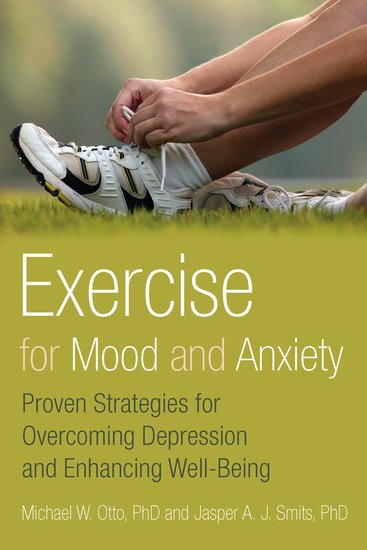By Michael Otto
This summer, nonfiction reading lists are replete with voices from the battlefield. On bestseller lists, accounts from World War II are only a few steps away from inside perspectives on today’s Seal Teams. And regardless of the theater of battle or the decade of conflict, one cannot turn the final pages of these books without a deep appreciation of the value of team for those in conflict. The fighting unit, the organizational basis by which men and women at war live their daily lives, inspires tremendous loyalty — appropriate to the life and death contingencies members of the team face together. In battle, being a strong team member can save your life as well as the lives of those around you.
Yet, when tours of duty end, and service men and women return to the embrace of their families, a sense of team membership may be lost. It is not as if the family unit is not of tremendous value, but a ready role within the family team may take months of adjustment to realize. And so many skills and coping strategies are left behind with this transition; what worked for the war team often will not work for the home team. Without a clear role for civilian life, many will hunker down, looking for solace from the isolated bunker of the couch. That isolation can leave men and women not only struggling with memories of the challenges, horrors, and losses of their service, but alone with darker thoughts and the inaction that can worsen depression and anxiety.
The effects of isolation are daunting for civilians as well. A decade ago, Robert Putnam detailed the challenges of isolation in his book, Bowling Alone, showing that Americans are becoming increasingly disconnected from one another, and that this disconnection — the declining memberships in clubs, PTAs, church groups, and bowling teams — has a real cost to both our moods and physical health. Connections save lives. I mention this because, this morning, with a flag emblem on my right shoulder, I showed up for my first team event in decades. I showed up for Team Red, White & Blue (Team RWB).
The event was a training run at 9:00 on a Sunday, and I wanted to meet the team — individuals who had joined Team RWB and its mission to transform the way wounded veterans are integrated into civilian life. Exercise and team membership are crucial components of the Team RWB approach. The team offers new relationships to veterans through both one-on-one interactions with community members as well as participating in athletic events. Exercise is used both as an organizing focus for team members and as a healing intervention in its own right. An abundance of research makes clear that exercise can have powerful effects on reducing depression and anxiety; those who exercise report better moods, less stress, less anger, and a better sense of social connection. More importantly, those depressed and anxious individuals who start exercise can achieve benefits equal to that offered by antidepressant medications or therapy.
But it is hard to start exercise, especially from the vantage point of the couch. This is the value of Team RWB, to have personal connections help to pull you off the couch and on to the walking or running trail. Team RWB makes use of its community and athletic members to provide information, training, and companionship to veterans who want to recharge want to recharge themselves both physically and mentally. It provides a team to veterans who may have left part of their sense of connection in the war zone. And it provides the same sort of team to those civilians who have been looking for a way to give back to the veterans who have served so loyally.
This morning, I ran in my red, white and blue team shirt, with similarly dressed team members to the left and right of me. It was a simple run, but with this first act, I had a sense of giving back, starting the process of trying to offer something to the veterans who bore the cost of war for me.
Michael Otto is a Professor of Psychology at Boston University and co-author of Exercise for Mood and Anxiety: Proven Strategies for Overcoming Depression and Enhancing Well-Being.
Subscribe to the OUPblog via email or RSS.
Subscribe to only psychology articles on the OUPblog via email or RSS.
View more about this book on the ![]()
![]()


[…] Consider the power of exercise (and endorphins) to overcome anxiety and depression on the OUP Blog. […]